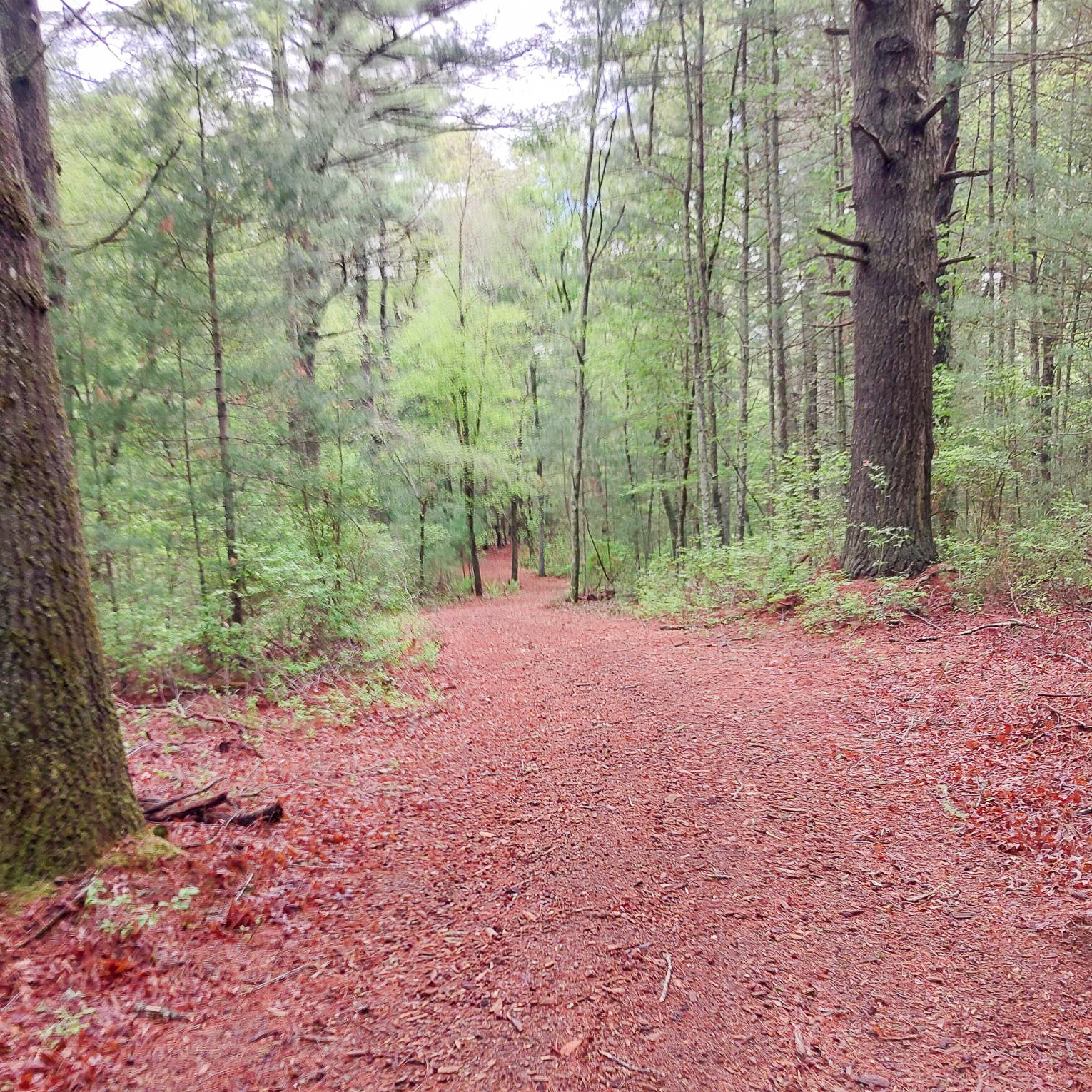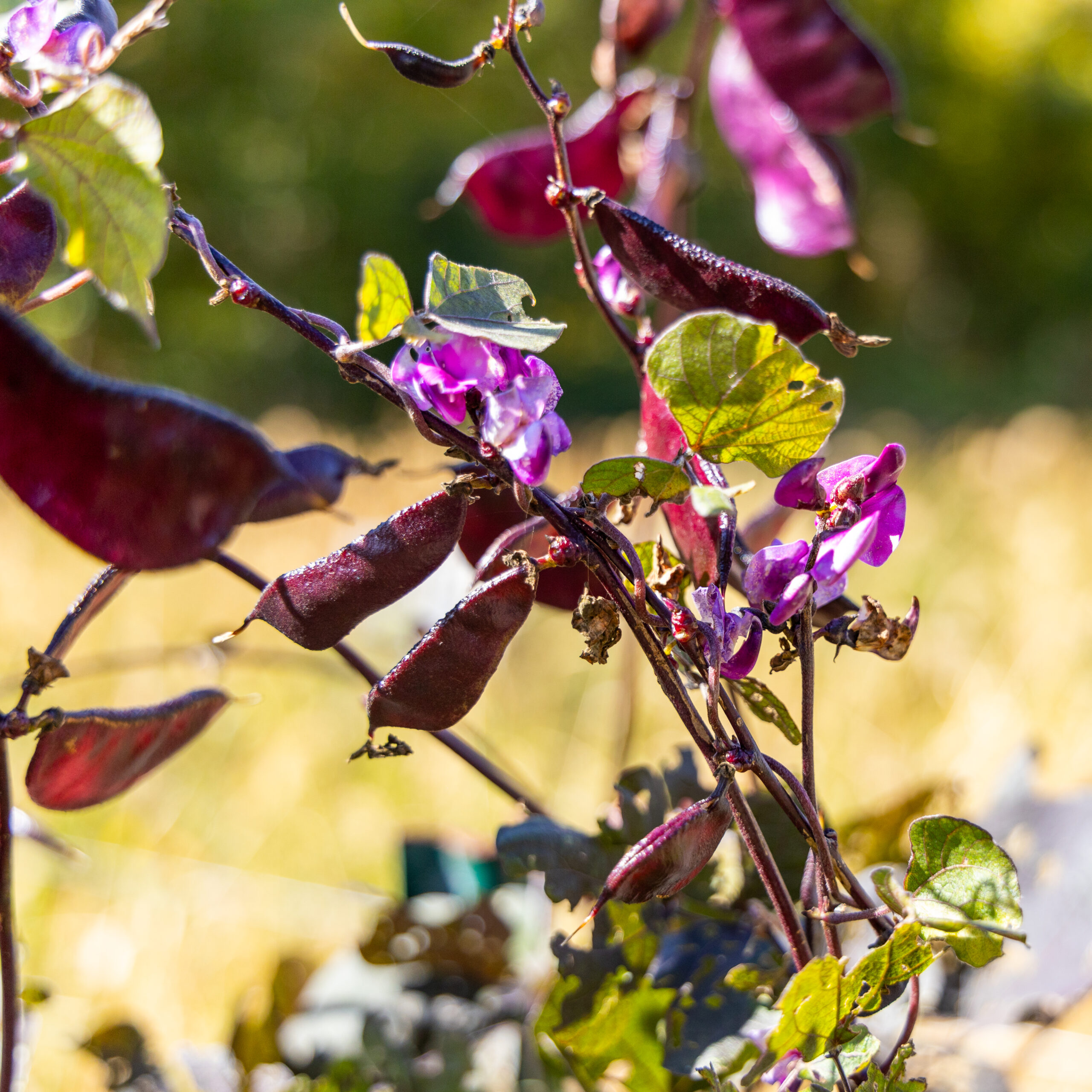
Girl Scouts of Southeastern New England
Since its inception in 1912, equitable accessibility has been a founding tenet of Girl Scouts troops across the country. In 2023, the Girl Scouts of Southeastern New England (GSSNE) were awarded a grant to transform the over three miles of trails at their Camp Hoffman in South Kingstown to be fully wheelchair accessible, along with acquiring 2 all-terrain wheelchairs. The grant also allowed GSSNE to further develop a trail that abuts the vernal pools located on the camp property. The vernal pools and surrounding woodlands make for a highly educational outdoor classroom that allows for hands-on exploration of the natural environment. Their goal with this part of the project is to create educational opportunities to partner with outside organizations focused on exposing urban youth to the outdoors. “We are simultaneously bettering our camps while also working to promote our work in communities where people have been historically excluded from outdoor spaces. With this project, GSSNE is able to further eliminate barriers, both physical and perceived, to provide access for historically marginalized communities throughout our region,” said Jill Martens, director of development for GSSNE.

African Alliance of Rhode Island
On Bami Farm, a 6-acre community farm in Johnston, RI run by the African Alliance of Rhode Island (AARI), farmers grow a wide variety of produce to sell at farmer’s markets and take home to their communities. AARI has embarked on a project to replace their obsolete water supply system with a new efficient system that will provide on-demand access throughout the entire farm. This involved digging trenches and a well and navigating the many issues that arose from not knowing what was beneath the ground. This new state-of-the-art well supply system will replace an older system that relied on a motorized pump that pulled from a lake on the property. With the growing effects of climate change, the lake’s lower levels over recent years have proven to be a challenge, in conjunction with an old pump that often wasn’t powerful enough to deliver water to the far reaches of the farm. When asked what this new system will provide the farmers and the farm itself, AARI president Julius Kolawole offers a one-word answer—“relief. Relief, and freedom in our farming. No more worrying if the pump is broken or if the lake will have enough water to last the farming season. With the new well and aquatic system in place, our farmers can work independently, at their own pace, and on their own schedules.”
